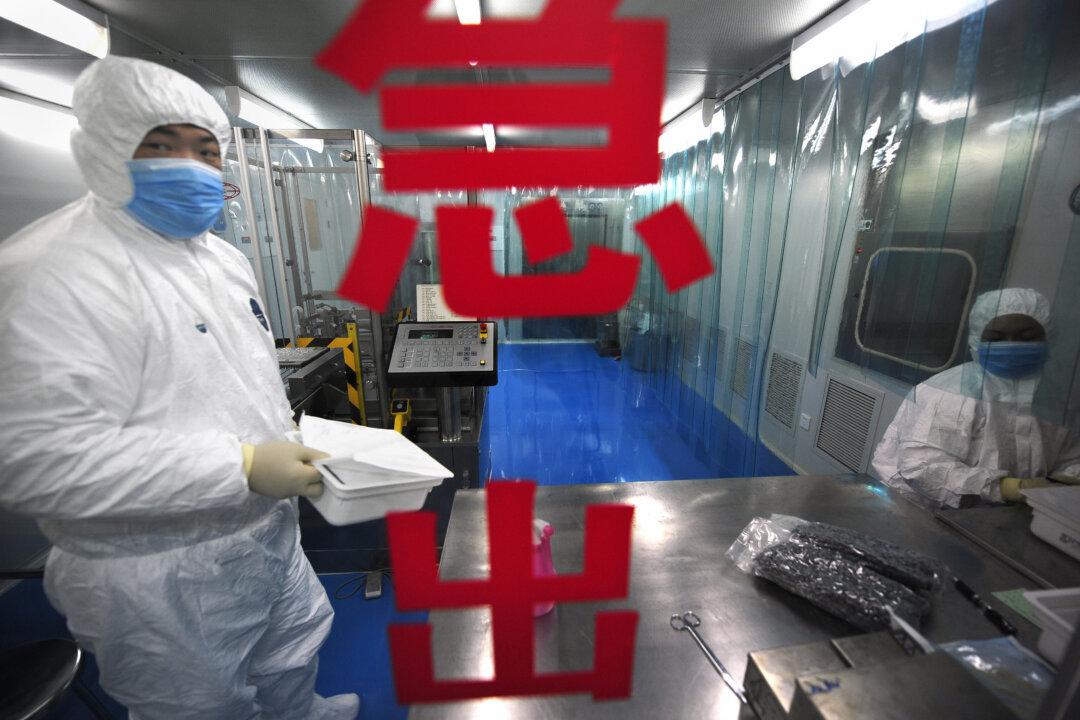The Chinese regime is seeking to challenge U.S. dominance in biopharma by using a range of unfair means, a strategy that threatens global drug innovation, according to a recent report.
The regime has slated the biopharmaceutical sector for global expansion, as part of its ambitious “Made in China 2025” industrial plan, a report by Washington think-tank Information Technology & Innovation Foundation (ITIF) said. The plan aims to have the country become a high-tech manufacturing powerhouse by 2025.





